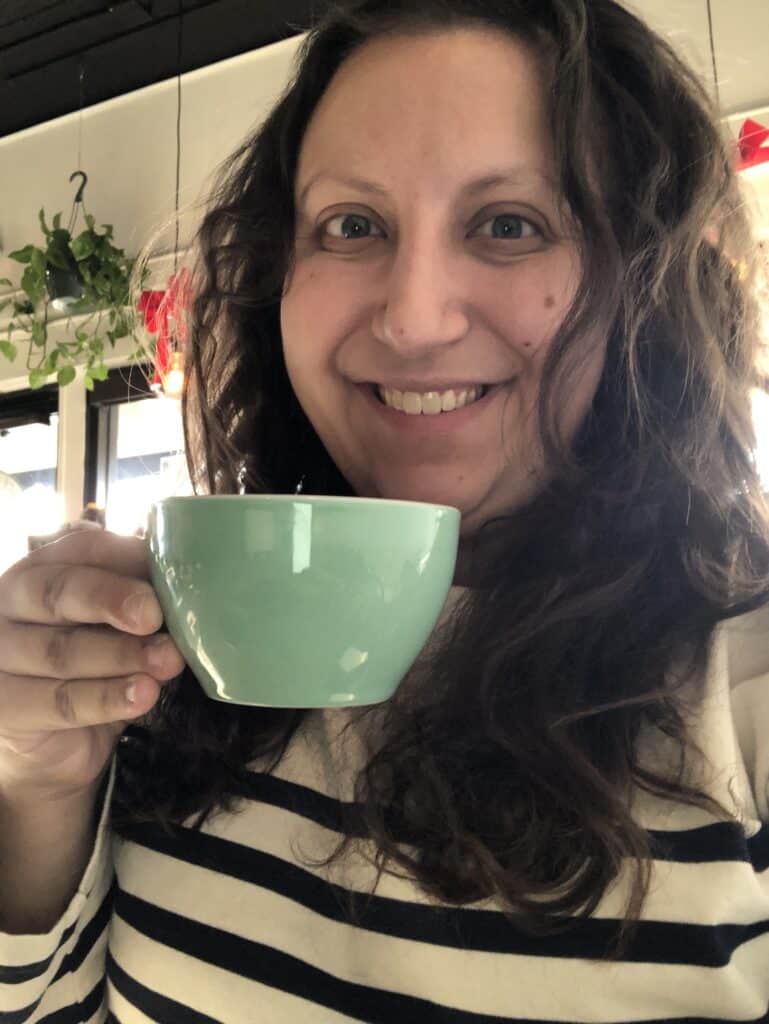
Jackie Bursic was diagnosed with stage 3 breast cancer when she was 23 years old. This is her story in her own words.
| I was diagnosed with stage 3 invasive ductal carcinoma at the age of 23 in 2018, three days after my now-husband proposed to me. My cancer was aggressive and it was spreading fast. In total, my treatment included 20 rounds of chemotherapy, 30 rounds of radiation therapy, a double mastectomy and lymph node removal and several reconstructive surgeries. I will be on medication that essentially turns off my hormones until I am in my mid-30s. When I was first diagnosed, I actually felt so much guilt and shame. There isn’t a strong family history of cancer, so I felt like I must have done something wrong in the way that I lived my life. I also struggled with survivor’s guilt and isolation, as I knew very few people my age with my stage of disease. I’ve watched so many powerful women die and I feel so weak compared to them at times. If someone as strong as them could pass from breast cancer, then why am I still here? Looking back, I wish I had known more about how my breast cancer diagnosis at such a young age was going to change my life forever. There is a lack of discussion and medical coverage for the complications that young adults face. Between the mental health concerns, impact on fertility, autoimmune-like symptoms and overall fatigue struggles, my life has been forever changed. If you have a loved one with cancer, I think the most important way to help is to sit with them in their emotions. There is so much grief that comes along with a cancer diagnosis and, in my experience, I’ve struggled more with my grief of lost dreams than anything else. Being able to listen and talk openly with a loved one means more than one would think, even when the conversation is hard and the feelings are uncomfortable. Statements and opinions expressed are that of the individual and do not express the views or opinions of Susan G. Komen. This information is being provided for educational purposes only and is not to be construed as medical advice. Persons with breast cancer should consult their healthcare provider with specific questions or concerns about their treatment. |



